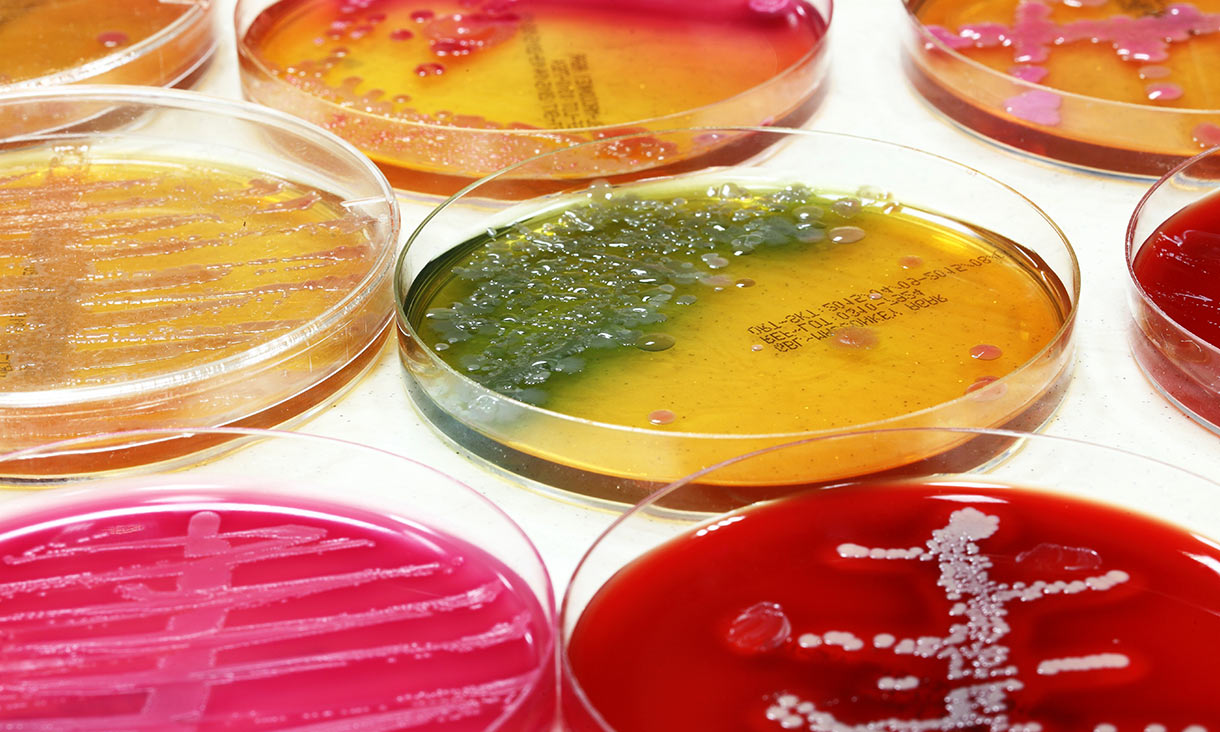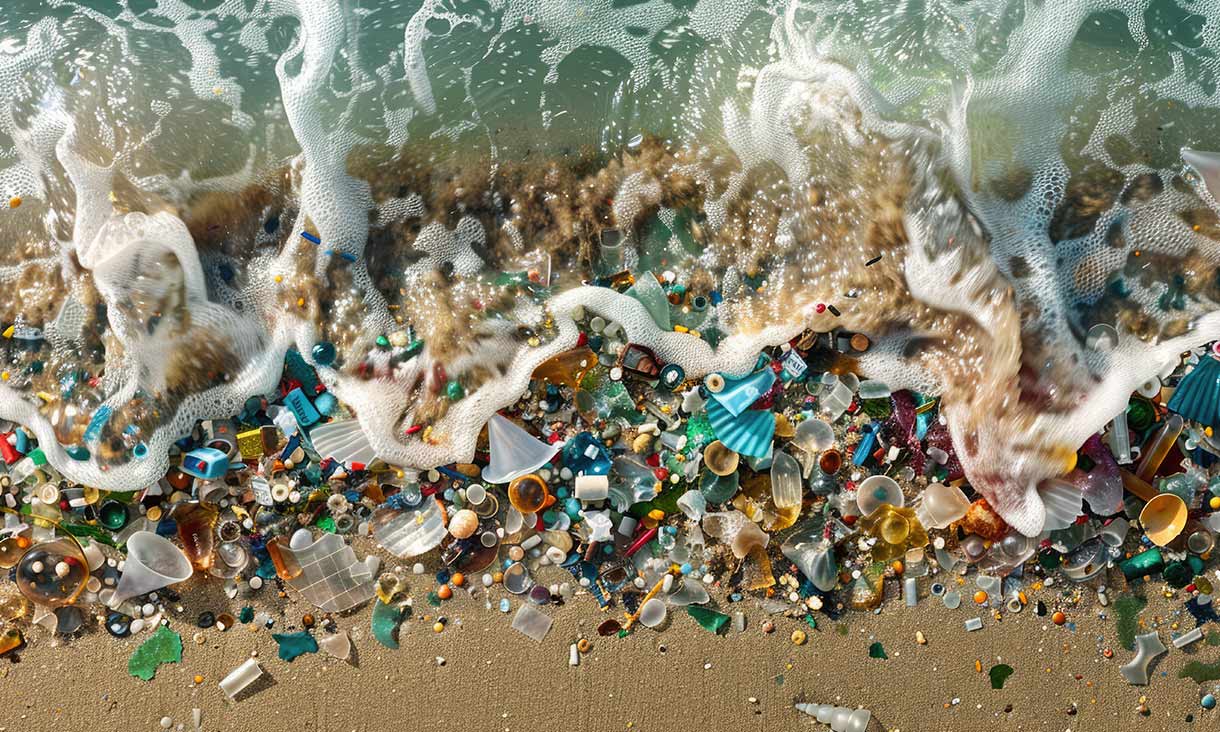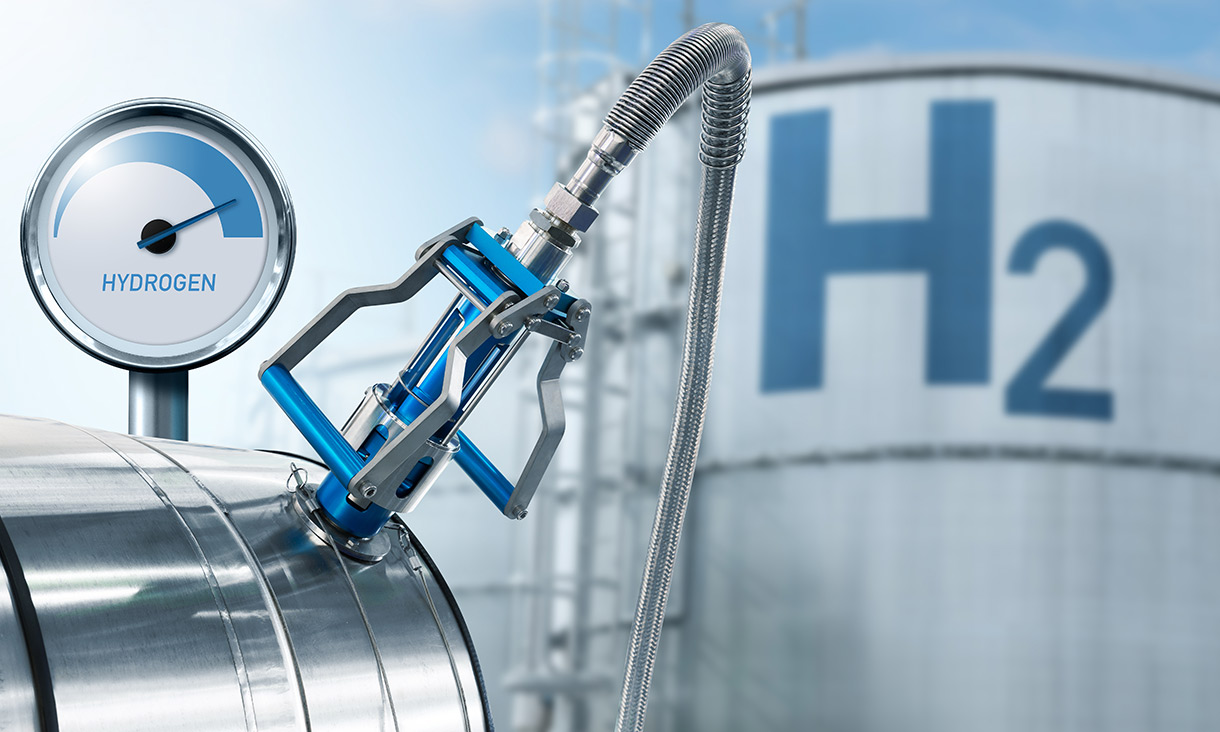At RMIT, capability mapping is an essential process that involves systematically identifying and evaluating the skills, knowledge, and resources within our institution, allowing us to strategically align our capabilities with our long-term goals and objectives.
By deepening our understanding of our existing capabilities, we foster transdisciplinary collaboration. This leads to more efficient use of resources, driving greater value and impact both within the university and beyond.
Antimicrobial Resistance

RMIT stands as a leader in Antimicrobial Resistance (AMR) research, leveraging cutting-edge technologies and interdisciplinary expertise. Our researchers are at the forefront of combating AMR through innovative approaches. Our efforts include the discovery and development of new "nano-drugs," effective antimicrobial use post-operatively and in cancer patients, and advanced textured materials resistant to microbial colonisation. We also focus on lipid-based nanocarriers for antimicrobial delivery, smart wound dressings with quantum sensing, and novel diagnostics for point-of-care detection. With a track record of impactful research and dedication to innovation, RMIT is committed to advancing AMR research, driving tangible outcomes for global health.
Microplastics

RMIT researchers are actively engaged in finding sustainable solutions to the microplastics problem by investigating their sources, distribution, environmental impacts, potential health risks, and removal methods. Our multidisciplinary approach involves collaboration among stakeholders in environmental science, chemistry, biology, engineering, and social sciences. Specific efforts include developing advanced techniques for monitoring and analysing microplastics, studying their ecological and human health impacts, and creating technologies for removing microplastics from water sources. We also explore eco-friendly alternatives to conventional plastics and engage in educational initiatives and public outreach to raise awareness and foster behavioural changes that reduce plastic consumption.
Hydrogen

RMIT has significant and synergistic research capability in the Hydrogen domain, integrating science, engineering, design, social sciences, business, and law. Our expertise spans the entire Hydrogen value chain, from new fuel cells and electrolysers to societal acceptance and risk management of new technologies. With decades of experience and a robust patent portfolio, RMIT supports energy technology transitions, scaling up, and translation. Our facilities, like the Advanced Manufacturing Precinct, offer cutting-edge manufacturing and characterisation, supporting industry partnerships. RMIT also addresses the skills gap in Hydrogen technologies through specialised courses, ensuring the development of expertise needed for future jobs in this emerging field.